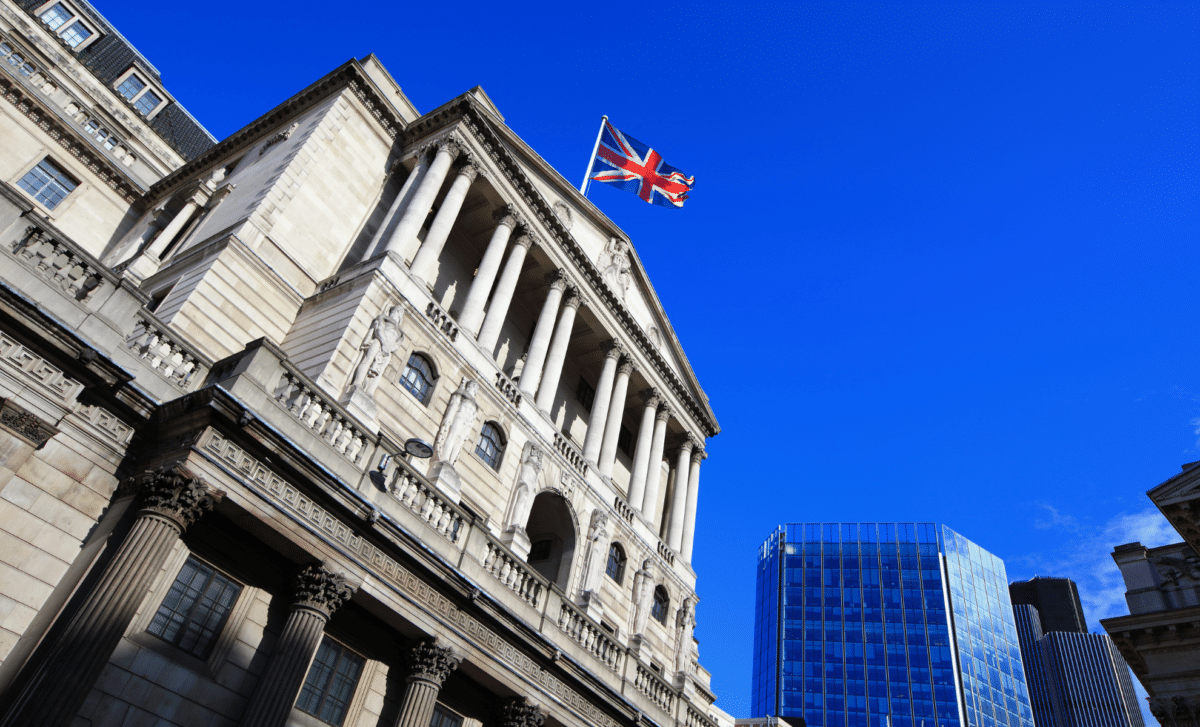The British public’s estimates for the rate of inflation over the next year have declined in the previous three months, according to a Bank of England survey released on Friday, which may comfort policymakers who are debating when to cut interest rates.
Inflation Expectations Ease in February as the Bank of England’s Efforts Pay Off
Households polled in February projected prices to grow 3% over the next year, down from 3.3% in November, based on the BOE’s quarterly Inflation Attitudes Survey. It was the lowest since August 2021, right before the central bank embarked on 14 consecutive rate hikes to combat rising inflation.
Longer-term forecasts were more obstinate; the survey, which was released on Friday, revealed that projections for the year starting in February 2025 remained constant at 2.8%.
The results imply that, following the biggest cost-of-living crisis in decades, the Bank of England is winning the fight to maintain stable inflation expectations. This is essential to reducing enduring pressures since the rate of anticipated price increases affects both employee pay demands and business pricing.
BOE Faces Criticism Amidst Inflation Rate Reduction Efforts
In response to strong declines in inflation in 2023, the central bank began reducing interest rates in December 2021 and is currently gradually returning to its present level of 5.25%. Inflation is predicted by economists to fall below the BOE’s 2% objective in the upcoming months, but given the strong wage growth and high service inflation, the central bank is still hesitant to reduce too fast.
The public’s confidence in the BOE was also enhanced by the better inflation prognosis, as it had plummeted to all-time lows after the double-digit price spike.
Even though the public’s expectations for inflation in the future are not a reliable indicator of price growth, BoE economists use them to estimate future wage pressure and the degree to which families will be willing to withstand price increases.
The public’s trust declined as a result of the battle to control price pressures, and politicians began to criticise the company harshly. In a column published in the Daily Telegraph on Thursday, leading Conservative MP David Davis highlighted the difficulties between the administration and the BOE.
Former Brexit Secretary Davis demanded that the BOE’s operational independence, which had been bestowed on it by the Labour administration in 1997, be taken away.
“There is no indication that its decisions have been any better since then compared with the period before Labour came into power,” said Davis. “Margaret Thatcher and Nigel Lawson made better decisions than every government since the ‘independence’ of the Bank was established.”










Wow Thanks for this review i find it hard to unearth beneficial information and facts out there when it comes to this topic appreciate for the publish site